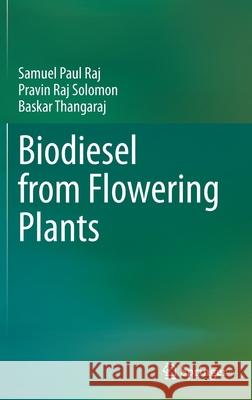Biodiesel from Flowering Plants » książka
topmenu
Biodiesel from Flowering Plants
ISBN-13: 9789811647741 / Angielski / Twarda / 2021 / 681 str.
Kategorie:
Wydawca:
Springer
Język:
Angielski
ISBN-13:
9789811647741
Rok wydania:
2021
Wydanie:
2021
Ilość stron:
681
Waga:
1.14 kg
Wymiary:
23.39 x 15.6 x 3.81
Oprawa:
Twarda
Wolumenów:
01
Dodatkowe informacje:
Wydanie ilustrowane











